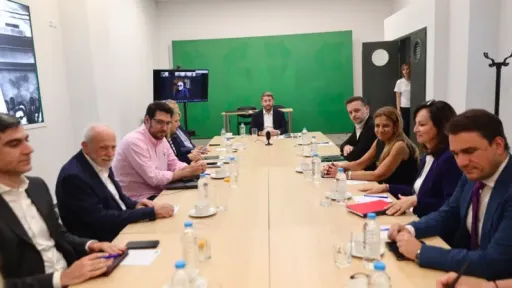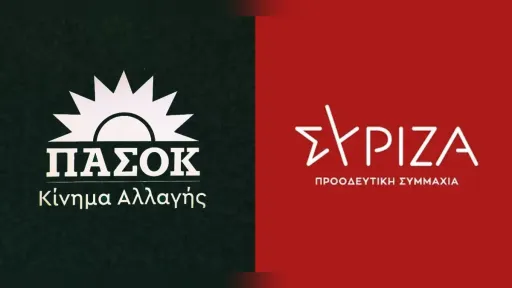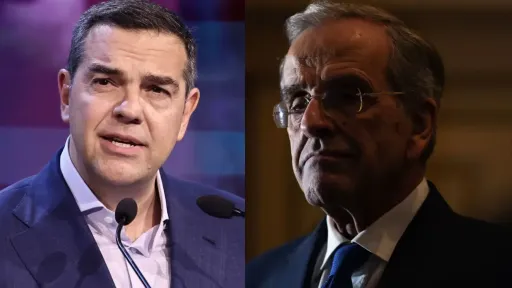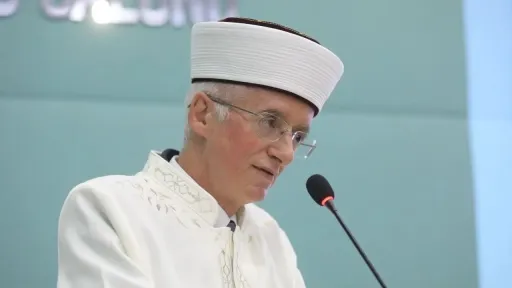Greek surveillance scandal bigger than Watergate: EU rapporteur

The Greek surveillance scandal is bigger than the US Watergate scandal, according to the rapporteur for the European Parliament's Inquiry Committee into Pegasus and other spyware, local media reported Thursday.
Although the conservative Nea Dimokratia (ND) government claims there is no tangible evidence proving that it was involved in the surveillance of dozens of politicians, businessmen and journalists, evidence is there, said Sophie in 't Veld, the Avgi daily reported, citing German public broadcaster DW.
With no prominent figure allegedly involved or who orchestrated the surveillance operations testifying to this day, it is in the best interest of the government to investigate the allegations, which are supported by pieces of evidence, she said.
She also drew attention that even the offices of Intellexa – the company that marketed the Israeli-made Predator spyware used in the surveillance operations in the country – were not searched by the police.
On Aug. 8, Prime Minister Kyriakos Mitsotakis acknowledged that opposition politician Nikos Androulakis was wiretapped by Greece’s intelligence agency but denied knowledge of the operation.
The scandal first emerged on Aug. 4, when Panagiotis Kontoleon, then-head of the National Intelligence Service (EYP), told a parliamentary committee that the intelligence agency had been spying on financial journalist Thanasis Koukakis.
On Aug. 5, Kontoleon, along with the general secretary of the prime minister’s office, Grigoris Dimitriadis, resigned.
A parliamentary probe was launched after Androulakis complained to top prosecutors about an attempt to hack his cellphone with Predator spyware.
More recently, Documento published a list of 33 people allegedly spied on by the EYP on direct orders by Dimitriadis, including Foreign Minister Nikos Dendias, Deputy Defense Minister Nikos Hardalias, Development Minister Adonis Georgiadis, Labor Minister Kostis Hatzidakis, Finance Minister Christos Staikouras, former Prime Minister Antonis Samaras, former Public Order Minister Michalis Chrysochoidis and former National Security Adviser Alexandros Diakopoulos.
Opposition parties have been blaming Mitsotakis for the scandal and have called for his government to hold snap elections, something he rejects.
The European Commission and European Parliament are closely monitoring developments related to the scandal.
AA







